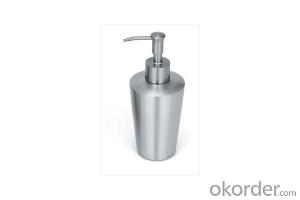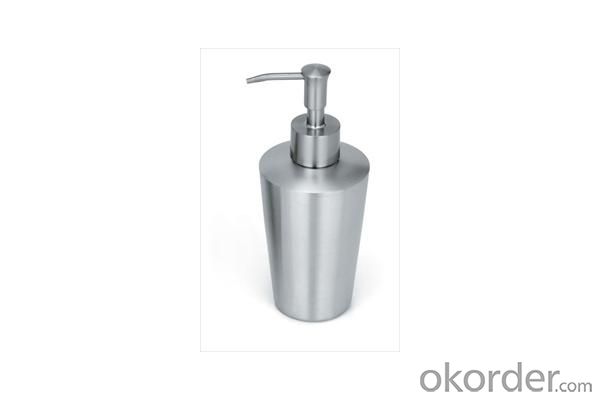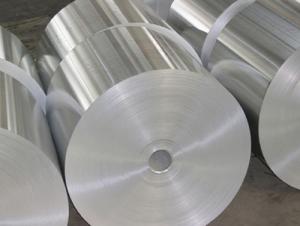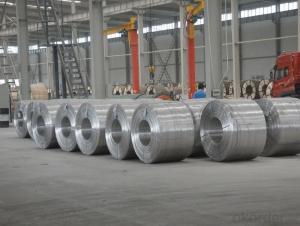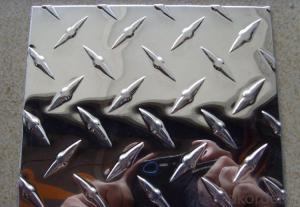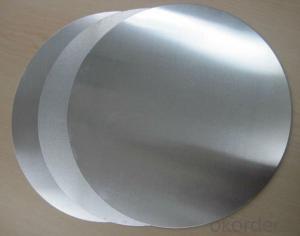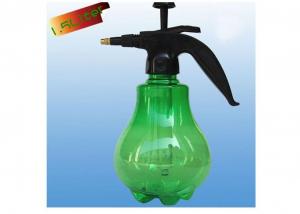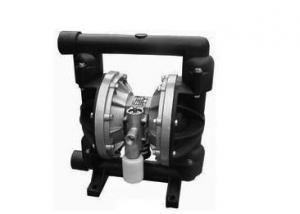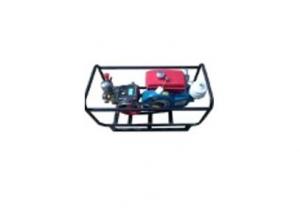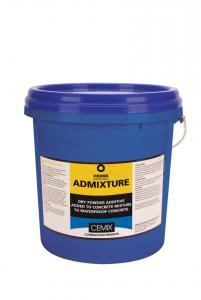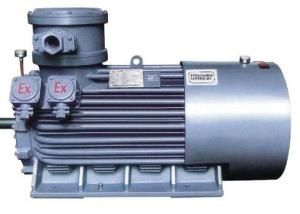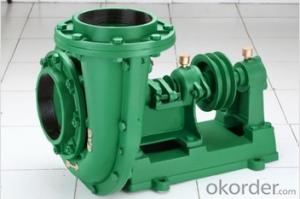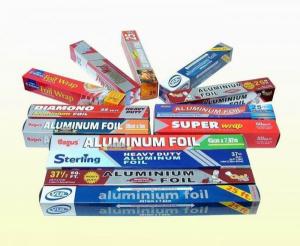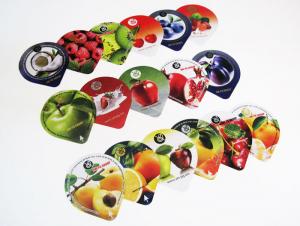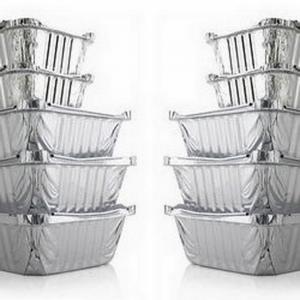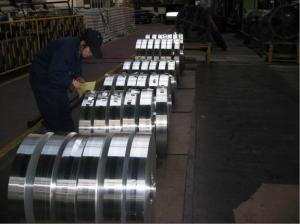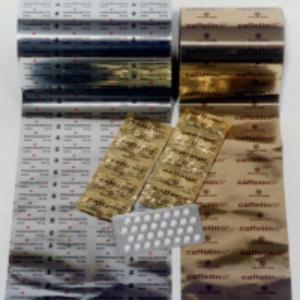Aluminum Bottle with Diverse Pump and Sprayer
- Loading Port:
- Shanghai
- Payment Terms:
- TT or LC
- Min Order Qty:
- 1000 pc
- Supply Capability:
- 500000 pc/month
OKorder Service Pledge
OKorder Financial Service
You Might Also Like
1. Description of Aluminum Bottle with Different Pump and Sprayer
Type: Screw Sprayer
Material: Aluminum Spraying
Volume: 50ml-1000ml
Shape: Liquid Column
Liquid Contained:Cosmetics
Export Markets:Global
2.Main Features
Material: Metal
Metal Type: Aluminium
Type: container
Usage: contain
Feature: Non-Refillable
Custom Order: Accept
Place of Origin: Shanghai,China
Model Number: many kinds
Color: Customized
Certificate: ISO CE FDA SGS MOQ: 100pcs
shape: many shapes
OEM: acceptable
samples: available
delivery time: whintin 25days
specification: up to you
Packaging: exporting standard carton
3. Specification and size
we are the professional factory of producting aluminum spray bottles ,aluminum cans,aluminum containers and so on for about 10 years.
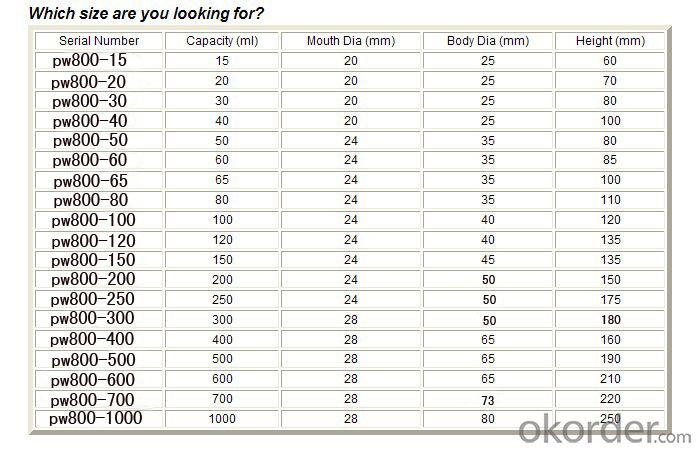
4. FAQ
A.How to guarantee the quality?
Customers are welcome to our mill to visit and check the products. Besides, we can arrange a third party to test the products.
B.When will you deliver the products?
The goods will be delivered within 35 days after receiving advanced payment or original L/C.
- Q: This question asks whether exposure to aluminum can lead to allergic reactions.
- <p>While aluminum is one of the most abundant elements on Earth and is commonly used in various products, most people do not experience allergic reactions to it. However, a small percentage of individuals may have an allergy to aluminum, which can cause contact dermatitis or other allergic responses. Symptoms can include redness, itching, and swelling at the site of contact. It's important for those with known aluminum allergies to avoid products containing aluminum and to consult with a healthcare provider for proper diagnosis and management of their allergy.</p>
- Q: Is it possible to recycle aluminum using renewable energy sources such as solar or wind power?
- <p>Yes, aluminum can be recycled using solar energy or wind energy. The recycling process involves melting the aluminum, which can be powered by electricity generated from renewable sources. Solar panels and wind turbines can produce the electricity needed for this process, reducing the carbon footprint associated with aluminum recycling. In fact, recycling aluminum requires only 5% of the energy needed to produce new aluminum from raw materials, making it an energy-efficient process that benefits significantly from renewable energy sources.</p>
- Q: This question asks for a comparison of the pros and cons of using aluminum sheets as a roofing material.
- <p>Advantages of using aluminum sheets for roofing include their lightweight nature, which reduces structural load; corrosion resistance, making them suitable for coastal areas; and low maintenance requirements. They are also energy-efficient, reflecting heat and reducing cooling costs. Disadvantages include the potential for dents and damage from hail or heavy impacts, and they can be more expensive than some other roofing materials. Additionally, aluminum can be noisy during rain, and it may require more frequent replacement compared to some other materials due to its lighter gauge.</p>
- Q: This question asks for an enumeration of different types of aluminum alloys.
- <p>Aluminum alloys are categorized based on their primary alloying elements and their applications. Some common types include: 1) 1000 series (99% pure aluminum), 2) 2000 series (alloyed with copper), 3) 3000 series (alloyed with manganese), 4) 4000 series (alloyed with silicon), 5) 5000 series (alloyed with magnesium), 6) 6000 series (alloyed with magnesium and silicon), and 7) 7000 series (alloyed with zinc). These alloys have various properties, making them suitable for different industries such as aerospace, automotive, and construction.</p>
- Q: This question asks about the process through which aluminum deteriorates over time due to environmental factors.
- <p>Aluminum corrodes through a process called oxidation. When exposed to air, aluminum reacts with oxygen to form a thin, protective layer of aluminum oxide on its surface. This layer prevents further corrosion. However, in the presence of moisture, acids, or other corrosive substances, the aluminum oxide layer can break down, leading to further oxidation and eventual pitting or thinning of the aluminum. The rate of corrosion can be influenced by factors such as temperature, humidity, and the presence of impurities in the aluminum. Proper protective measures, such as coatings or anodizing, can help prevent or slow down the corrosion process.</p>
- Q: What is the chemical formula that represents aluminum?
- <p>The chemical formula for aluminum is Al. It is a lightweight, silvery-white metal that is found in the Earth's crust and is the most abundant metal there. Aluminum is a member of the boron group of chemical elements and is represented by the symbol Al, which is derived from the Latin word 'alumen', meaning alum.</p>
- Q: This question asks for examples of industrial processes that incorporate the use of aluminum.
- <p>Aluminum is widely used in various industrial processes due to its lightweight, corrosion resistance, and high strength-to-weight ratio. Some key industrial processes that utilize aluminum include the automotive industry for manufacturing car parts, the aerospace industry for aircraft construction, the construction industry for building materials, the packaging industry for food and beverage cans, and the electronics industry for components in devices. Aluminum is also used in the manufacturing of machinery, electrical equipment, and transportation equipment. Its versatility makes it a crucial material in many industrial applications.</p>
- Q: Is there any health risk associated with using pure aluminum cookware?
- <p>Using pure aluminum cooking utensils is generally considered safe for most people. However, there are some concerns regarding the potential for aluminum to leach into food, especially at high temperatures or with acidic foods. While the health risks are still a subject of debate, it's recommended to use aluminum cookware with a protective coating or opt for utensils made from other materials like stainless steel or cast iron for long-term health considerations.</p>
- Q: This question asks about the impact of aluminum on human health when it is consumed through food packaging.
- <p>Aluminum is commonly used in food packaging due to its lightweight and durability. However, concerns have been raised about its potential health effects. Aluminum can leach into food, especially in acidic conditions, and be ingested by humans. While the body naturally excretes some aluminum, excessive intake may lead to accumulation, particularly in the brain, bones, and kidneys. Long-term exposure has been linked to neurological disorders, including Alzheimer's disease, and may contribute to bone diseases. However, the scientific consensus is not definitive, and more research is needed to establish a clear causal link. It's important to note that the risk is generally considered low for most people, but it's advisable to minimize exposure, especially for vulnerable populations like infants and those with kidney issues.</p>
- Q: Is it possible to recycle aluminum in a landfill setting?
- <p>Aluminum can be recycled, but not in a landfill. Landfills are not designed for recycling; they are for waste disposal. Aluminum recycling typically occurs at specialized facilities where the metal is sorted, cleaned, and processed. Landfills can contaminate aluminum with other materials, making it unsuitable for recycling. Proper recycling of aluminum conserves resources and energy, and it's crucial to recycle aluminum through appropriate channels rather than disposing of it in landfills.</p>
Send your message to us
Aluminum Bottle with Diverse Pump and Sprayer
- Loading Port:
- Shanghai
- Payment Terms:
- TT or LC
- Min Order Qty:
- 1000 pc
- Supply Capability:
- 500000 pc/month
OKorder Service Pledge
OKorder Financial Service
Similar products
Hot products
Hot Searches
Related keywords
